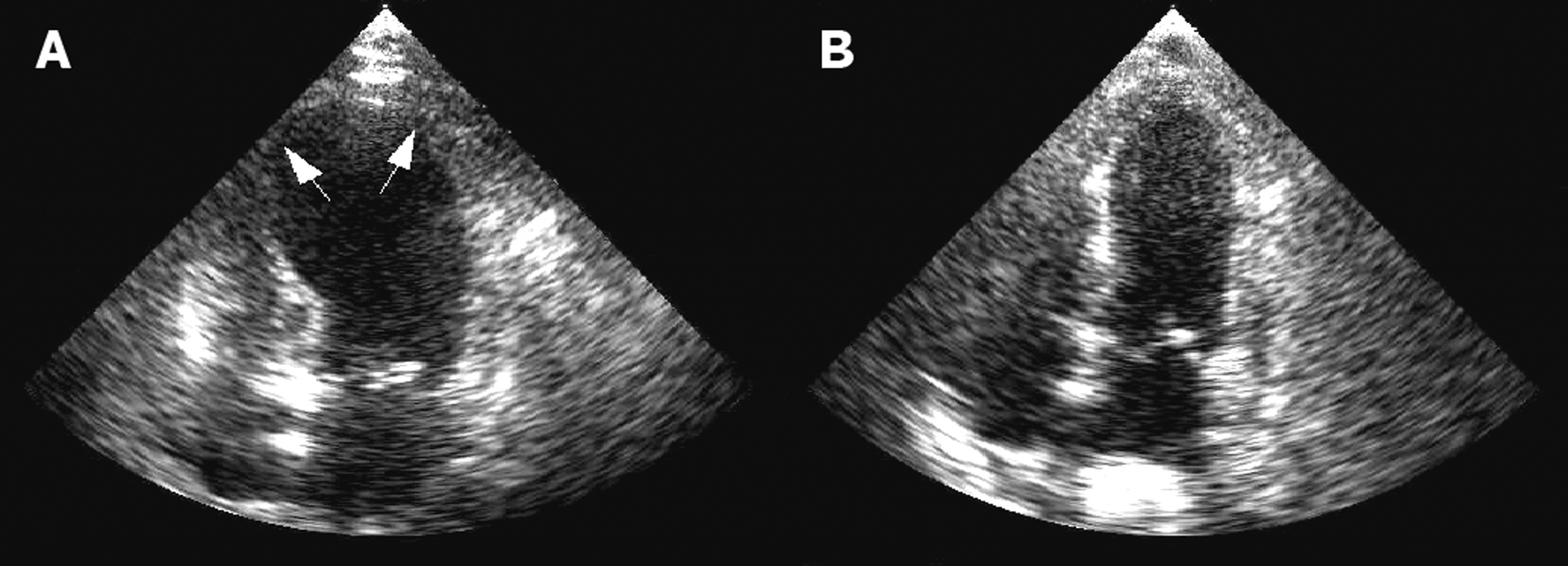Decades back, Willa Cather summed up what we all have felt at some point in time – “romantic relationships are tragic necessities of human life†– ones that lay bare the fragilities of the human heart. The end of a romantic relationship can be torturous and leave you feeling heartbroken; perhaps this is why it's conveniently dubbed a “break up.†Often times, people are not aware of the emotional and physical injuries caused by heartbreaks. Neglecting these injuries can translate into problems where one can barely function in the day-to-day aspects of life. It even affects celebrities (who would have thought)! “When you try to avoid the pain, it creates greater painâ€, said Jennifer Aniston when talking about her break-up with Brad Pitt. In fact, now we know that dying of heartbreak is actually possible.

Popularly known as the ‘broken heart syndrome', stress cardiomyopathy or takotsubo cardiomyopathy is the temporary weakening of the heart muscles, mainly in the left ventricle. First diagnosed by Japanese physicians in 1990, it was named takotsubo, a Japanese word meaning octopus trap, due to the heart's resemblance to this shape. While the mechanisms behind ‘broken heart syndrome' are not fully understood, research suggests secretion of stress hormones in excess is a key factor in inducing this illness.

What happens when there is a steady build-up of stress hormones, such as cortisol? Produced by adrenal glands and controlled by the pituitary gland, cortisol buildup results in blood being sent to major muscle groups without need for expending energy. This gives rise to headaches, muscle stiffness and the feeling of a heavy weight or constriction around the chest.
Central to the stress response is the hypothalamic-pituitary-adrenal (HPA) axis, a complex set of interactions and feedbacks between the hypothalamus, pituitary gland and the adrenal gland. Once stress is triggered, cortisol is released for several hours until it reaches a specific concentration in blood. Once this threshold level of cortisol is reached it acts as a signal to the hypothalamus and pituitary gland, resulting in return of normalcy and balance in the blood. However, the problem begins when one undergoes continual exposure to stress conditions, such as heartbreak; in these cases, excess cortisol can set off a cascade of health consequences like depression and mood disorders.
Some may experience what is known as post-relationship stress disorder, a condition very closely related to the more well-known Post-Traumatic Stress Disorder (PTSD). Sadly, most people are unaware of post-traumatic relationship disorders. PTSD by itself is a huge psychological problem in which excess cortisol is a key contributing factor. Similarly, a post-relationship stress disorder can leave you with depression, loneliness, confusion, and an overwhelming sense of fear and anxiety. Despite established scientific facts, many people (especially family or friends) tend to overlook these disorders, and their very real psychological tolls.

Apart from stress-induced changes to the body, feeling emotional pain is the lion's share of a heartbreak. A recent study found that emotional pain has no distinct difference from physical pain. Functional magnetic resonance imaging (fMRI) employed on participants to measure brain activity found that acetaminophen, which is used to treat physical pain, reduced neural responses to emotional pain as well.
Scientists from University of Colorado Boulder recruited 40 volunteers who have had heartbreaks in the past six months and gave them an fMRI while showing photos of their ex. Between the photos, heat was applied to everyone's arm by a temperature controlled device to simulate physical pain. The results of the study showed that similar brain regions were activated by both emotional and physical pain. A similar study conducted at the University of Michigan, Ann Arbor, reached at the same conclusion, validating the idea that emotional pain has similar responses to physical pain in the brain.
The good news is, all these changes to the body are reversible. With time, patience, and some effort one can weather the ill-effects of heartbreak. Seeking counseling, therapy or even turning to a trusted friend or family member for guidance can help you move through a difficult time. Exercising is another great way to use all that pent up energy, and keeping yourself busy with a hobby or any productive work can help alleviate stress and get you back to normal in no time!
‘Every single day do something that makes your heart sing' – Marcia Weider
About the Author
 |
Arnab Mondal is a PhD candidate in the College of Engineering at the University of Georgia with a research focus on biomaterials. He is committed to developing antimicrobial materials to tackle antibiotic resistance and infection. Outside of lab, he curates an art page on a social media platform, miserably fails at self-teaching guitar, contrives a couple of words and calls it a poem and as a clichéd man from the City of Joy (Kolkata, India) takes special interest in gormandizing various cuisines, voraciously watching movies, and having tea at any time of the day. You can contact him at arnab.mondal@uga.edu. More from Arnab Mondal |
About the Author
- athenssciencecafehttps://athensscienceobserver.com/author/athenssciencecafe/April 17, 2020
- athenssciencecafehttps://athensscienceobserver.com/author/athenssciencecafe/April 12, 2020
- athenssciencecafehttps://athensscienceobserver.com/author/athenssciencecafe/April 3, 2020
- athenssciencecafehttps://athensscienceobserver.com/author/athenssciencecafe/March 30, 2020







